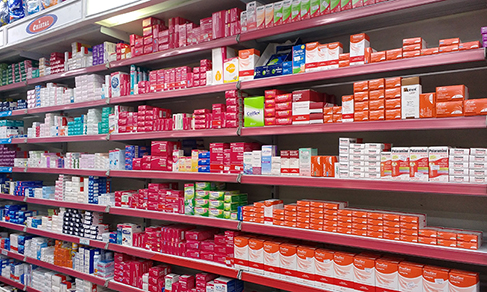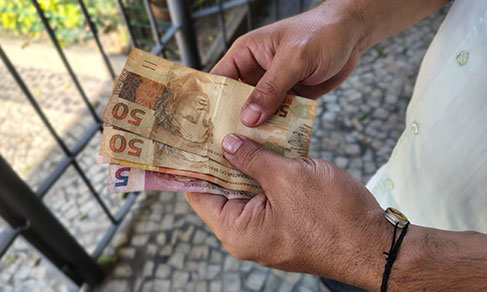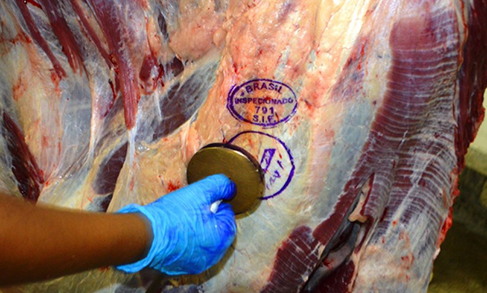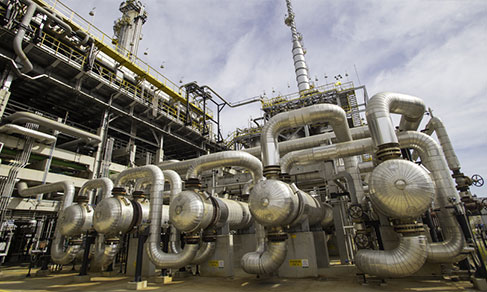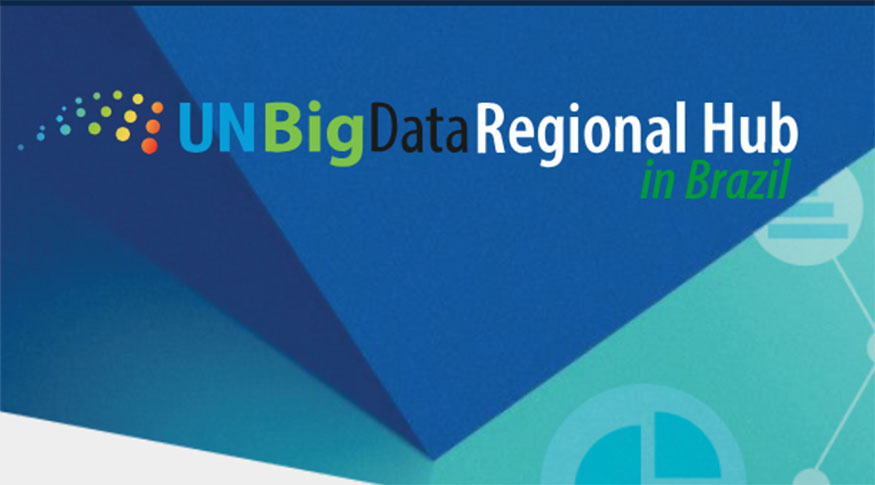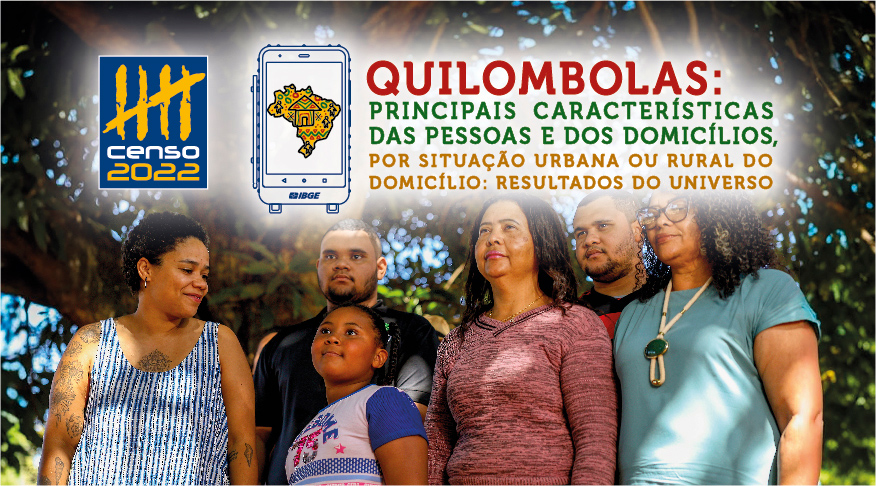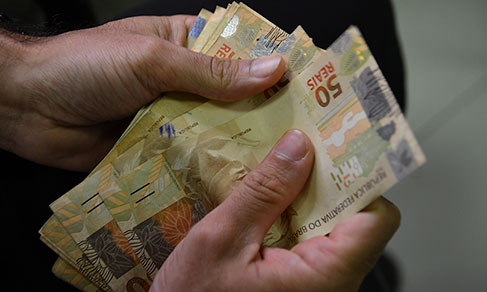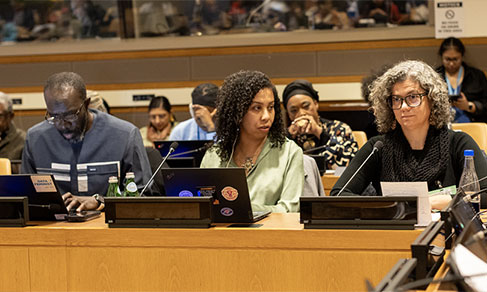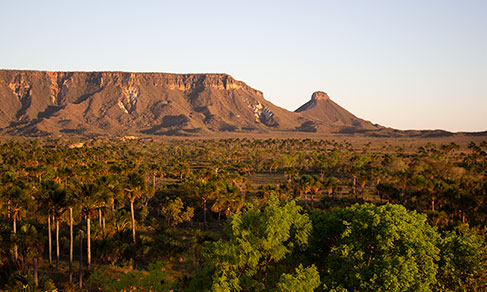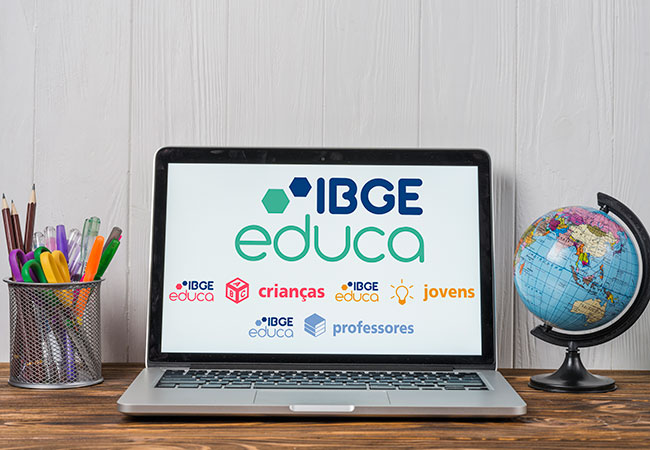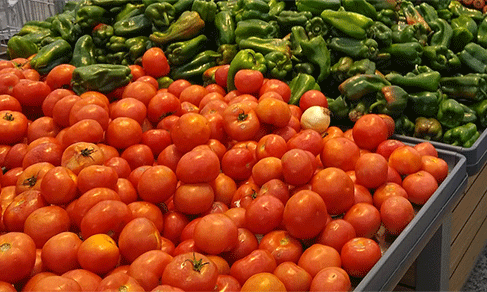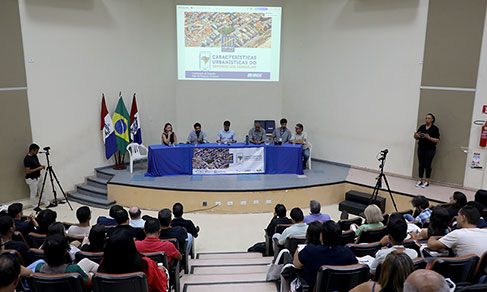SDG
New digital platform allows to monitor indicators of the 2030 Agenda
April 24, 2018 09h00 AM | Last Updated: June 05, 2018 10h53 AM
The IBGE releases this Tuesday (24), in the III Meeting of Information Producers Aiming at the 2030 Agenda, the Digital Platform of the Sustainable Development Goals (SDG Platform). It contains the first set of global indicators of Brazil for the monitoring of the goals, with methodologic sheets, tables, graphs and maps. The platform also presents a section with news, interviews, reporting, audiovisual contents on the topics and an events calendar.
The site shows in which stage each indicator is found, as well as those that were already produced, those that are being built, those that do not yet have data, those that do not have a defined global methodology and also those that do not apply to Brazil. In the area restricted to information-producing institutions, professionals participating in the workgroups of each SDG can share content to go further in the discussion on the indicators.
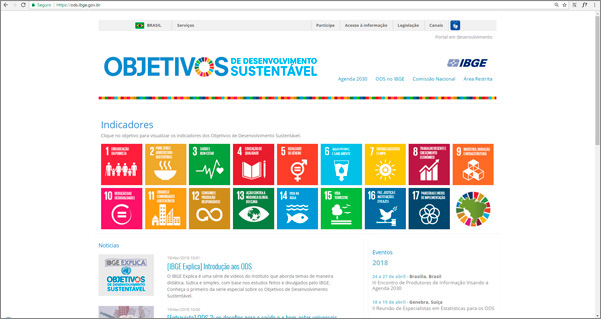
The SDG 9, on industry, innovation and infrastructure, for example, has the most indicators registered in the platform so far: five of the 12 existing ones. Among the others, three are being built, two do not have data and two do not have a global methodology.
The coordinator of the IBGE workgroup for this Goal and manager of the Innovation Survey (Pintec), Flávio Peixoto, says that "several of these indicators, somehow, already had available data. What we did was to work out some adjustments to try and adapt the metadata to the calculation methodology proposed by the United Nations (UN)."
One of the information-producing institutions working in partnership with the IBGE is the Ministry of Science, Technology, Innovation and Communications. The IBGE technologist Marcela Aboim Raposo, from the Science and Technology Department, described the experience: "it was a very enriching partnership, because knowledge on both sides complemented each other. We have been able to join knowledge from the IBGE national statistics, such as the GDP, with knowledge from the Ministry to build indicators related to the calculation of greenhouse gas emissions by the industry."
Another coordinator of the workgroups is Marco Andreazzi, responsible for SDG 3, on good health and well-being, and manager of the National Survey of School Health (PeNSE). He said that the challenge is to harmonize the criteria used among the organizations: "Brazil has a tradition in health indicators, but they are slightly different from what the UN proposes. The idea is that, in the III Meeting, we can clarify doubts as to the adequacy of the indicators and, therefore, load them on the platform".



